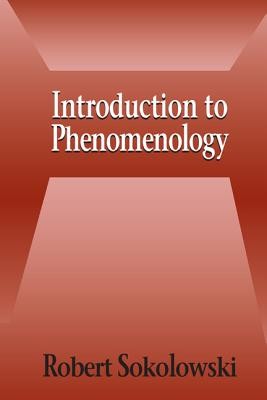
- We will send in 10–14 business days.
- Author: Robert Sokolowski
- Publisher: Cambridge University Press
- Year: 1999
- Pages: 248
- ISBN-10: 0521667925
- ISBN-13: 9780521667920
- Format: 15.3 x 22.9 x 1.4 cm, minkšti viršeliai
- Language: English
- SAVE -10% with code: EXTRA
Reviews
Description
This book presents the major philosophical doctrines of phenomenology in a clear, lively style with an abundance of examples. The book examines such phenomena as perception, pictures, imagination, memory, language, and reference, and shows how human thinking arises from experience. It also studies personal identity as established through time and discusses the nature of philosophy. In addition to providing a new interpretation of the correspondence theory of truth, the author also explains how phenomenology differs from both modern and postmodern forms of thinking.
EXTRA 10 % discount with code: EXTRA
The promotion ends in 21d.21:17:58
The discount code is valid when purchasing from 10 €. Discounts do not stack.
- Author: Robert Sokolowski
- Publisher: Cambridge University Press
- Year: 1999
- Pages: 248
- ISBN-10: 0521667925
- ISBN-13: 9780521667920
- Format: 15.3 x 22.9 x 1.4 cm, minkšti viršeliai
- Language: English English
This book presents the major philosophical doctrines of phenomenology in a clear, lively style with an abundance of examples. The book examines such phenomena as perception, pictures, imagination, memory, language, and reference, and shows how human thinking arises from experience. It also studies personal identity as established through time and discusses the nature of philosophy. In addition to providing a new interpretation of the correspondence theory of truth, the author also explains how phenomenology differs from both modern and postmodern forms of thinking.


Reviews